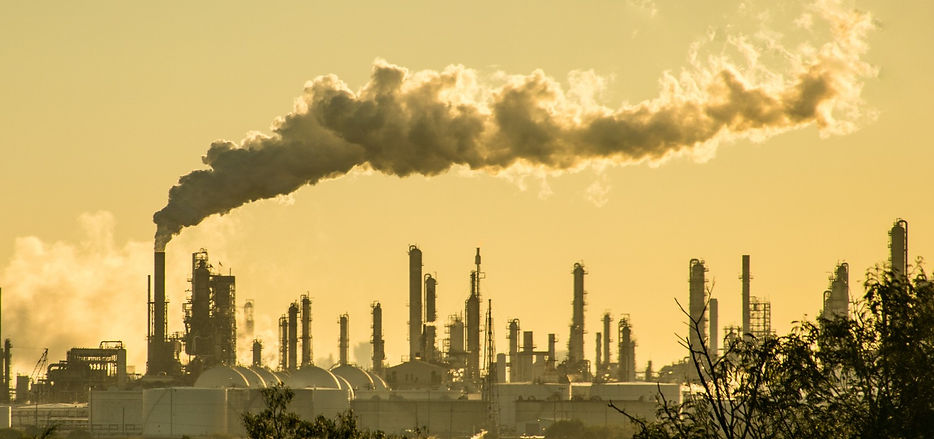
Climate destruction is CHILD ABUSE

As governments prepare for the upcoming COP, the world continues to hope that they will act to remedy the currently inadequate national and international response to climate change, which already adversely impacts people and species everywhere. Up to this point, governments have continued to support fossil fuel production despite widespread public mobilization, an exponential increase in global greenhouse gas emissions, and scientists’ warnings that time is running out to ward off mounting catastrophe.
Unjustly, the global climate crisis has been driven primarily by wealthy nations’ industrialization and consumption, while its injuries fall disproportionately and most harshly on those who have least contributed to it: low-income nations and communities, Indigenous communities, communities of color, and children. Accumulating studies and real world experience indicate that due to physical and developmental factors, children are the most vulnerable to death, illness, and injury from direct and indirect impacts of climate change. They are its primary victims and they are aware of this fact, as their mounting protests attest. Recent research reports that young people feel abandoned and betrayed by adult disinterest and ineptness in dealing with this crisis that is profoundly threatening their current and future well-being. This despair feeds and exacerbates the widespread mental health problems that increasingly afflict the young. The detrimental effect of climate change on children has led many in the professional communities dedicated to children’s health, protection, and rights to classify government and corporate contributions to climate change and their failures to prevent and mitigate its harms as a form of violence against children. It is child abuse.

Climate Destruction is Child Abuse is a document compiled by a group of international professionals in child rights and protection and has been endorsed by a large number of their colleagues.
The main purpose of the Declaration is to stimulate public awareness and discussion.

The World Health Organization defines "child maltreatment" to include "all types of physical and/or emotional ill-treatment, sexual abuse, neglect, negligence and commercial or other exploitation, which results in actual or potential harm to the child’s health, survival, development or dignity in the context of a relationship of responsibility, trust or power." All countries, except the United States, have ratified the United Nations Convention on the Rights of the Child under which national governments assume responsibility to address such maltreatment of children. Governments and corporations who continue to contribute to climate change by facilitating ongoing fossil fuel production are clearly harming the health, survival, and development of children. Even when purporting to take action on climate change, governments and corporations are routinely adopting politically expedient climate goals rather than establishing policies based on what the best available science makes clear is necessary to protect children. These powerful actors should, therefore, be held accountable for perpetrating systemic violence against children.
How should this move toward accountability to children occur? First, children, adults, and communities are already raising these issues. Their protests against climate-related policies and actions that sicken and kill the young while undermining their futures must be supported and given serious attention. Second, the perpetrators of such policies and actions should be prosecuted for child abuse and neglect under national and international law. Third, children and youth need to be meaningfully included and given space to fully participate and defend their rights and interests in decisions affecting them and generations to come. They have the largest stake in the future and should be part of defining what it will be. This should start immediately in preparation for the upcoming COP and the national processes leading to it. Last but not least, both our political institutions and the public as an intergenerational whole must collectively reject the deadly prioritization of profit over both people and planet and adopt an ethos of care, ecological stewardship, and responsibility at all levels of governance.





